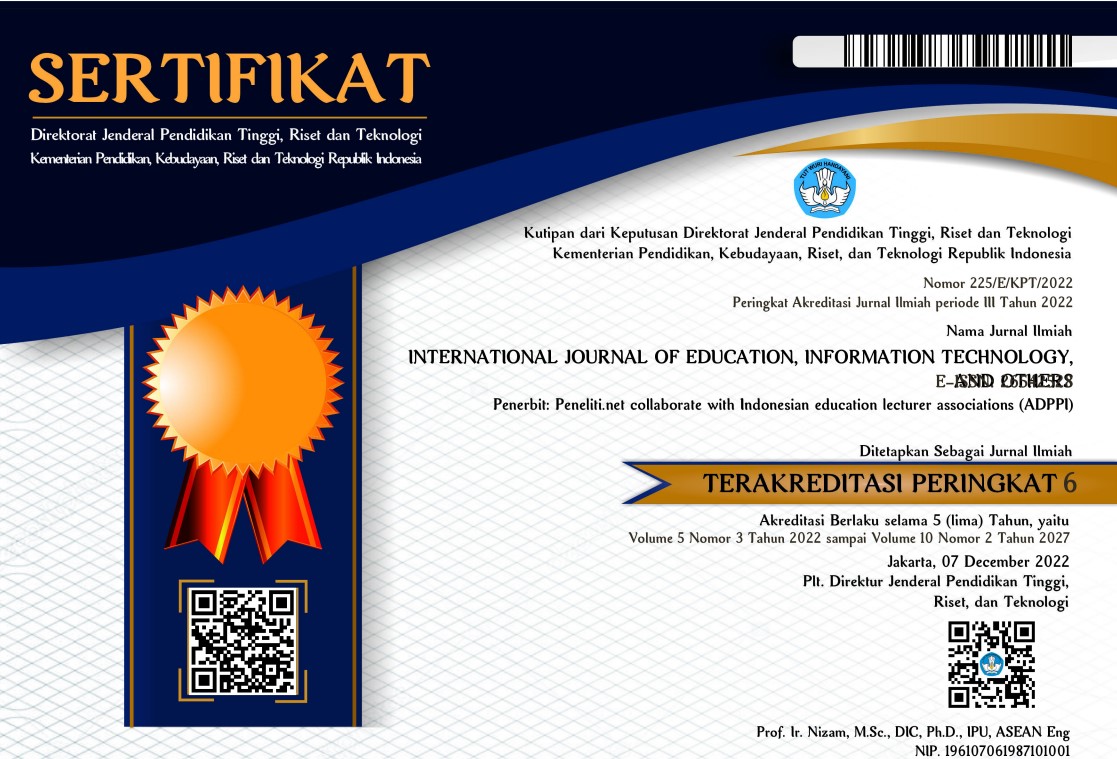Almsgiving in Qur'anic Perspective
Abstract
Charity (sedekah) is one of the most emphasized practices in Islam. In addition to being an act of worship, charity is believed to bring numerous benefits both in this world and the Hereafter. However, the understanding of the different types of charity and their impact on social and spiritual life still requires further exploration. This study aims to examine the concept of charity from the perspective of the Qur'an, explain the various types of charity, and discuss the benefits that can be gained from this practice, both materially and spiritually. This study uses a literature review methodology, analyzing Qur'anic verses and Hadiths, along with a review of related literature on charity. The analysis involves interpreting Qur'anic verses related to charity with the help of major Tafsir works, such as Tafsir Ibn Kathir and Tafsir Jalalayn, to understand the contextual meanings. Charity is divided into two main categories: obligatory charity (sedekah wajib) and voluntary charity (sedekah sunnah). Obligatory charity includes zakat, kafarat, and nazar, while voluntary charity consists of ongoing charity (sadaqah jariyah) and regular charity. The findings indicate that charity has significant benefits, both for improving social conditions and for earning immense rewards from Allah SWT. From the Qur'anic perspective, charity is not only meant to help others but also serves as a means to purify one's wealth and increase one's piety. Charity is a primary means of drawing closer to Allah SWT. Through charity, individuals not only open the doors to provision but also gain various social and spiritual benefits. Therefore, this practice is highly recommended in Islam and should be done with sincere intention and without seeking praise from others. The rewards promised by Allah SWT for those who give charity sincerely will continue to flow, even after their death.
Copyright (c) 2024 International Journal of Education, Information Technology, and Others

This work is licensed under a Creative Commons Attribution-ShareAlike 4.0 International License.



